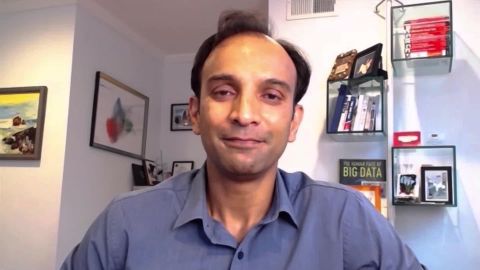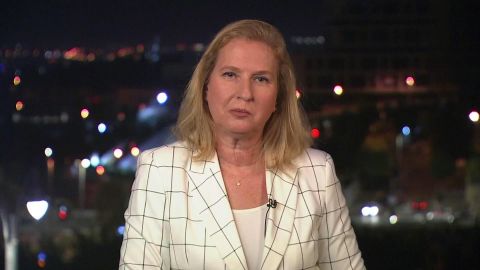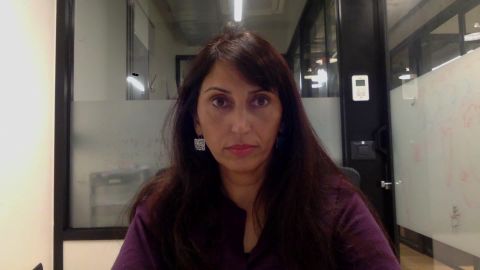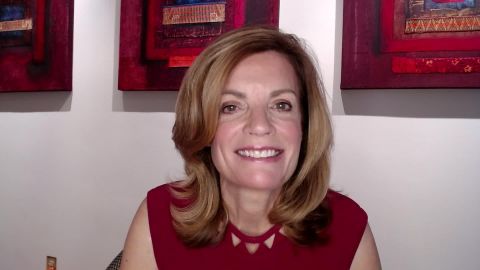Read Transcript EXPAND
CHRISTIANE AMANPOUR: Do you believe that a unilateral move to annex as much as 30 percent of the West Bank, which also includes the Jordan Valley, will be a nail in the coffin for a two-state solution?
DIANA BUTTU, FORMER LEGAL ADVISER, PALESTINIAN LIBERATION ORGANIZATION: It’s already been a nail in the coffin for quite some time. And the reason we’ve seen that this has been a nail in the coffin for quite some time is that over the course of the past five decades, we’ve seen that successive Israeli administrations, including Tzipi Livni, have put into place measures to bring more and more settlers into the West Bank. We now have over 600,000 Israeli settlers, making up about 25 percent of the population of the West Bank with different laws that are applied to Israeli settlers that are applied to Palestinians. There’s a word for that, and that is apartheid. And the only difference we’re going to see now is the formalization of apartheid rather than what’s going on for the past 53 years, which is the de facto apartheid that we’ve been living and witnesses. So, yes, this is the final nail. It’s just a pity that it’s taken such a long time for the international community to realize this, and we’ve been saying it for such a long time.
AMANPOUR: So, you mention, and you’re absolutely correct that almost every, if not every Israeli government did increase settlements, which the U.N. calls illegal and there are U.N. resolutions about how the situation should be resolved. However, some of those governments also, as Tzipi was, they believed in peace and believed in a democratic two-state solution and they worked to that end. This would, seems to me, according to what she said and what you’re saying, would completely just get rid of that idea altogether. So, what then are the stakes for the Palestinians? What then happens? How do you envision the Palestinians in the West Bank and in Gaza?
BUTTU: Well, you know, although there’s been a peace process that’s been in place for a long period of time, none of the Israeli governments have done anything to actually decolonize, they haven’t reduced the number of Israeli settlers, they’ve increased the number of Israeli settlers. And so, what this leaves Palestinians with is one of two choices, either pushing for an end to apartheid, which is what is happening now, or pushing for economic sanctions to be applied against Israel. It’s one of those two scenarios. If the world believes that there should be a two-state solution, it means that Israel needs to face accountability, it needs to be held accountable to the international community, through the imposition of economic sanctions. And if they don’t believe that, then we have to go in a different force of declaring it what it is, which is apartheid, and pushing for one person, one vote. What’s very troubling in all of this is that Israel is getting a pass at claiming that it can be a Jewish state for democracy when we know it can’t be.
About This Episode EXPAND
Christiane speaks with Fmr. Israeli Foreign Minister Tzipi Livni and former legal adviser to the Palestinian Liberation Organization Dianna Buttu about Israel’s plans to annex parts of the West Bank. She also speaks with reporter Mary Jordan about her new unauthorized biography on Melania Trump. Hari Sreenivasan speaks with former U.S. Chief Data Scientist DJ Patil about mitigating this pandemic.
LEARN MORE



